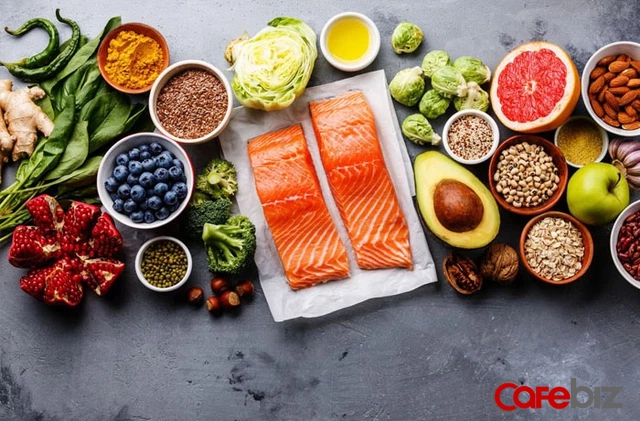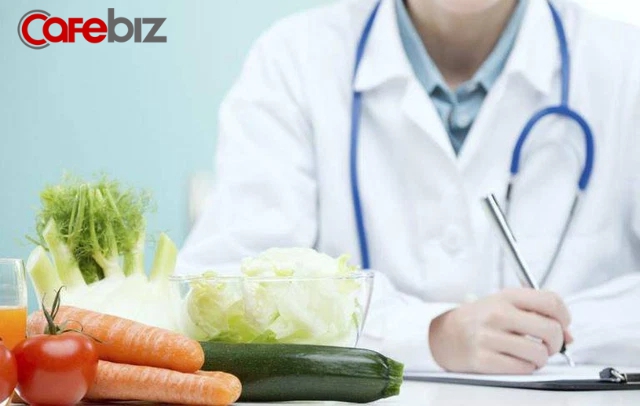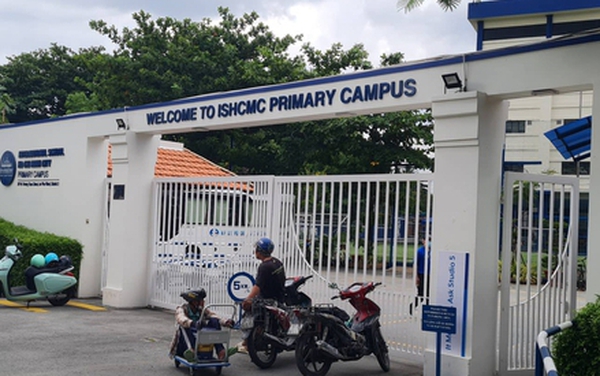Eating lots of protein makes cancer grow faster? Doctor points out 4 principles to remember
Proper nutritional adjustments will help cancer patients recover quickly
During and after cancer treatment, patients need to have a good diet and health to fight the disease and respond to treatments such as chemotherapy, radiotherapy… and help patients recover after successful treatment.
Most patients only focus on treatment, not on nutrition. Or do not know how to regulate your diet so that it is natural because every condition, every disease has a different principle of using food and drink.

Never mistaken “provide more protein to make tumors grow faster”
According to doctors at the Center for Nuclear Medicine and Oncology – Bach Mai Hospital and the National Institute of Nutrition, to ensure adequate nutritional needs, patients need to eat enough food, ensuring 4 groups: food and drink enough water.
The scientific diet is: Cut down on beef (beef, pork, goat…), moderate amounts of poultry (chicken, goose, birds…), eat lots of fish and vegetables. Add appropriate vegetable oil, drink enough water and exercise vigorously.
Of course, it’s never wrong to “give more protein to make tumors grow faster” and then eat only brown rice, sesame salt to “shrink tumors”.
In particular, depending on the method of cancer treatment, patients have different diets. It will basically be based on the following 4 principles:
1. Nutrition for cancer patients during surgical treatment
At this time, cancer patients need extra calories and protein to heal wounds and restore health. Where, priority is given to nutritional support actions taken by mouth to optimize nutritional intake. On the other hand, for patients who are unable to chew and swallow on their own, more appropriate measures such as tube feeding, parenteral nutrition… are required.
For some special cases such as the management of consequences after gastric and gastrointestinal bypass surgery such as Dumping syndrome, short bowel syndrome, etc., it is necessary to have a separate nutrition consultant,
2. Nutrition for cancer patients during radiation therapy
During radiation therapy, patients may experience some side effects such as nausea, vomiting, loss of appetite, taste changes, inflammation of the roots, bleeding gums, myositis, diarrhea and malabsorption due to intestinal damage, decreased immune function.
The patient should eat soft and easy to chew foods such as cereal flour, milk, noodles, noodles, cheese, soft fruits, green vegetables, etc. Of course, avoid foods with sharp, hard, sharp spices; salty food, sour fruit,..
In the case of head and neck cancer patients, attention should be paid to oral and dental care to reduce the risk of damage to the teeth, gums or necrosis of bone tissue caused by radiation.

Cancer patients need to eat less meat, less poultry, more green vegetables, enough water
Patients with radiation-induced enteritis may become chronic with ulcerative or obstructive symptoms, increasing the risk of malnutrition. Chronic enteritis associated with multiple bowel resection causes loss of bowel function or short bowel syndrome. The severity of the disease will depend on the length and location of the loss of function or the resected bowel segment. This medical condition will cause symptoms of malabsorption, malabsorption, malnutrition, dehydration and abnormal body metabolism, severe can be fatal.
Therefore, in the early stages it requires parenteral nutrition and frequent monitoring of fluids and electrolytes for weeks and months.
At a later stage, the patient’s family feeds the patient intravenously in combination with a close monitoring diet with feeding formula fed through a tube or divided into several small meals. Foods high in complex carbohydrates, low in fat, low in oxalate, lactose free, high in protein, lightly processed. At the same time, give medication to reduce intestinal motility if necessary. Supplement many vitamins such as B12, folic acid, A, E, K to prevent disease. Pay attention to monitor serum mineral concentration to adjust immediately if there are abnormal manifestations.
3. Nutrition for cancer patients during chemotherapy
Chemotherapy is a form of systemic treatment that affects the entire body. The action of chemotherapy is not limited to cancerous tissue but also affects other normal cells. From there, it causes poisoning in many organs, affecting appetite, diet and nutrition. These side effects depend on the type of chemical, dose, duration of treatment, concurrent medications and individual response.
Chemotherapy treatment can cause the following problems: marrow failure, suppression of white blood cell production, inflammation of the mucous membranes, esophagitis, nausea, vomiting and fatigue, anemia, decreased immune system function, abnormal taste, etc.
In particular, chemotherapy or radiation therapy to the head and neck area can cause decreased saliva production and cause dry mouth, contributing to anorexia.

Abnormal taste causes anorexia and very little appetite, diarrhea or constipation, or intestinal obstruction (obstruction of bowel movements may occur). Symptoms of gastric and intestinal poisoning usually do not last long. However, in some cases, multi-chemotherapy can be severe and prolonged. When corticosteroid therapy causes tissue damage, increased urinary potassium, protein, and calcium losses, impaired protein metabolism.
From there, the patient will need to: eat soft foods or treat lots of water; Chew gum or eat more acidic fruits in moderation to increase saliva production.
Avoid eating too much sugar; eat less cold food; drink water in small sips for a few minutes; Pay attention to oral hygiene and gargle with salt water at least 4 times a day.
4. Proper nutrition for cancer patients after treatment
Most of the diet-related side effects of cancer treatment go away after treatment ends. But some side effects can last for a while. Eating well, with adequate nutrition will help patients regain strength, confidence, rebuild tissue and restore good health to cope with illness.
(Synthetic)
By Business and Marketing
at Blogtuan.info – Source: cafebiz.vn – Read the original article here



